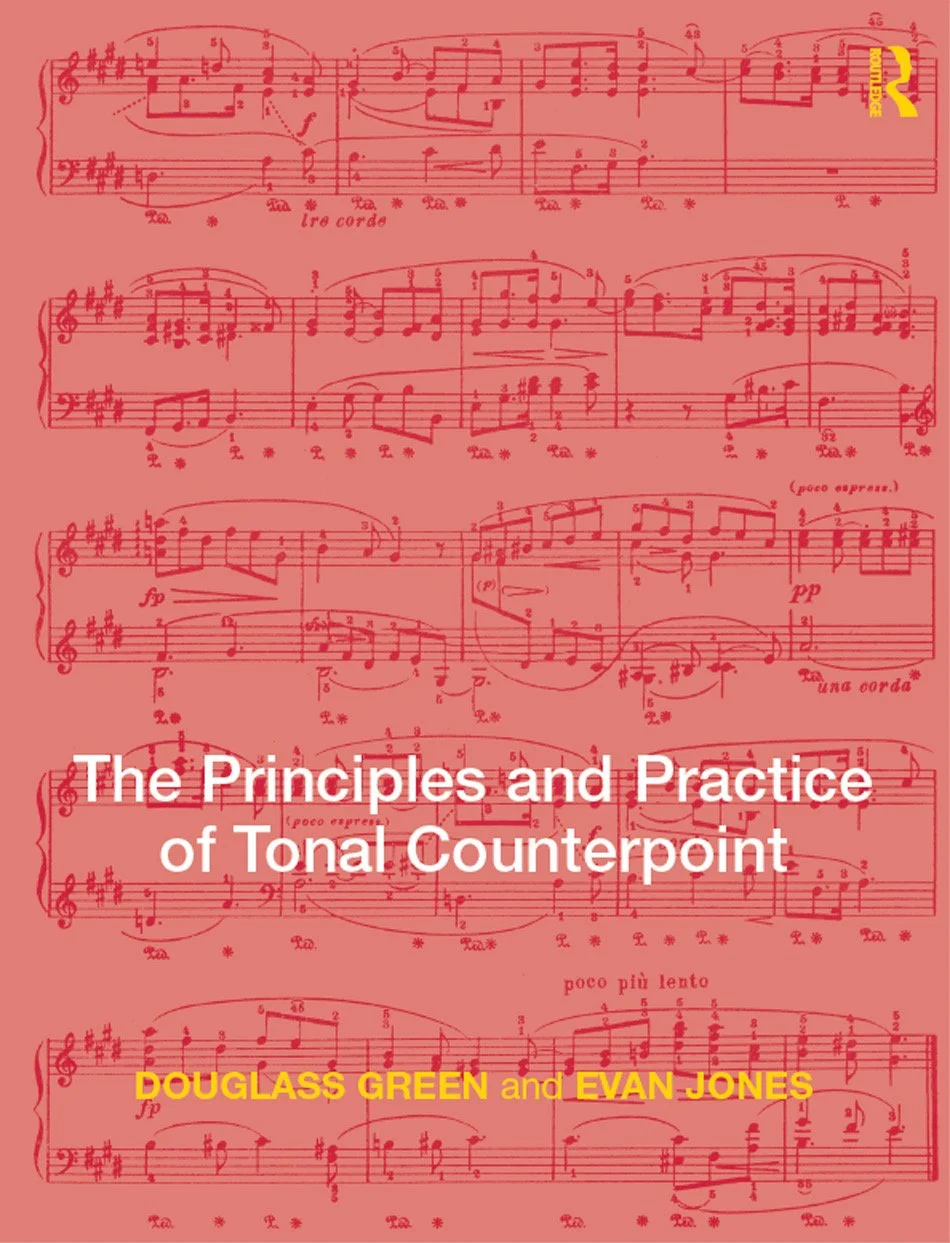The Gentle Art of the Redo, and the Gentle Giant Who was Douglass Green
Recently, I witnessed a heated argument on social media. My friend posted the following meme:
While most responders were sympathetic to the basic principle outlined here, a few posters had very strong feelings about overcoddling, tough love, and so forth. I too have pronounced feelings on this topic, which are pretty in-line with the OP. As I contemplated whether or not to jump into the fray, my mind traveled back to my grad school years and to a fantastic person who — for me — was the very embodiment of the Gentle Art of the Redo.
Douglass Green was a giant in the world of music theory. His books were the standard texts for two of my undergraduate music classes, and his works continue to be regularly used in universities and conservatories today.
I was well aware of the quantity of homework one encounters in Dr. Green’s classes, even prior to my arrival at UT (one of my undergrad music theory/composition teachers, composer Jonathan Santore, just so happened to be his son-in-law). Which was all the more incentive for me to ace all of the graduate placement exams upon arrival at the University of Texas. I studied like a fiend in the months prior (much of them spent in the back of a stuffy tour van), and I successfully advanced out of each and every subject on these graduate placement exams save one: Dr. Green’s Sixteenth-Century Counterpoint.
Okay, this was more than fair: after all, I’d never actually taken a formal course in this specific academic area. Once my inner perfectionist managed to brush off this minor setback, the excitement of the amazing opportunity to learn from this world-class scholar began to take hold.
Q: Was he a tough grader?
A: Oh yes.
Q: Were the rumors of his prodigious homework assignments true?
A: Oh my…
There was the arduous workload, but then there was the unique grading policy: if one received anything less than a perfect grade, Dr. Green would allow for a redo on any assignment. And not just one redo: if he gave an assignment a 78, you could do it again and perhaps receive an 89, and then again for a 96, and so on. As many times as required to get everything perfectly correct.
I was perpetually blown away by the fact that someone so utterly established in his field was willing to put in all of this tedious work in order for his students to learn. His gentle demeanor and academic approach had a Mr. Miyagi dimension to it, with our extreme care of setting each pitch just so against one another serving in the place of “wax on, wax off.” The short of the long: Douglass Green deeply loved music and really, REALLY cared about passing on his intense passion — and absolute insistence on excellence — to each and every student that cast a shadow on his classroom door.
Dr. Green’s repetition-based, process-over-product approach was infectious, and I fell in love with the subject. In fact, I ended up registering for his second semester class (17th Century Counterpoint) as an elective, even though I’d successfully placed out of the subject. Again: when would I have an opportunity like this again?
When I think back on other professors who followed the classically strict “if-you-fail-you-fail” method, I wonder how well I might fare were I to be presented with their exams today. Advanced Algebra? Yeah, I’m going down in flames. Chemistry? Shoot me now. Counterpoint? Fortunately for me, Douglass Green fused that to my brain ages ago, and — thanks to him — I think I’d do just fine.
It’s been over two decades since Dr. Green left this earthly plane, but his music lives on through his students. I couldn’t be more proud to be one of them.
Thank you, Dr. Green.

